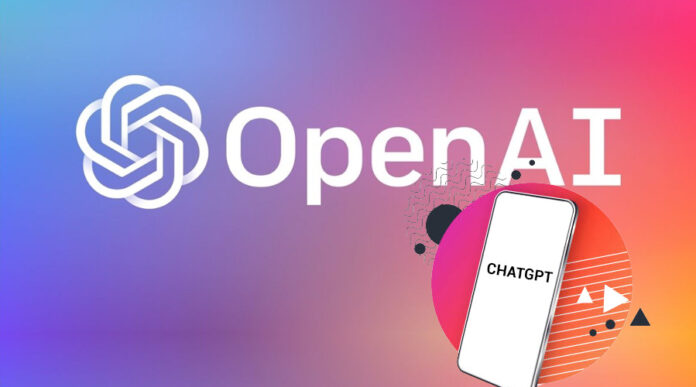The Dangers of Over-Reliance on AI Writing Tools
Artificial Intelligence (AI) has rapidly become integral to modern life, embedded in industries like education, healthcare, business, and entertainment. Its ability to simplify workflows, enhance accessibility, and boost efficiency has revolutionized how we operate. However, the recent ChatGPT outages—a second in just two months—underscore the growing challenges of relying too heavily on AI systems.
Productivity Redefined
AI tools like ChatGPT and Jasper have transformed content creation and productivity. They save time, streamline brainstorming, and handle data analysis with ease, making them invaluable to students, professionals, and organizations. Similarly, virtual assistants like Siri, Alexa, and Google Assistant provide hands-free convenience for tasks like reminders, smart device controls, and scheduling.
AI in the Corporate Sphere
In the corporate sector, AI-powered customer service tools like chatbots and virtual agents ensure 24/7 support, resolving queries and automating transactions. These innovations enhance customer experiences while cutting operational costs, cementing AI’s role as a cornerstone of modern business strategies.
The Risks of Dependence
While AI brings unprecedented convenience, its growing ubiquity introduces vulnerabilities. The recent ChatGPT outage disrupted workflows globally, exposing the fragility of centralized AI systems and their ripple effects across industries.
Economically, downtime affects businesses reliant on automation, causing delays, financial losses, and reduced productivity. In sectors like finance, AI interruptions can lead to market volatility and erode investor confidence. Socially, disruptions in AI-driven healthcare systems can delay critical medical decisions, endanger lives, and strain resources.
Security risks are another concern. Cybersecurity systems using AI to detect and prevent attacks are rendered ineffective during outages, leaving sensitive data vulnerable. In public safety, downtime in AI systems used for surveillance, emergency response, or disaster management can jeopardize lives and hinder crisis management.
Resilience in an AI-Driven World
The reliance on centralized cloud-based AI systems creates a single point of failure. A server outage or cyberattack can impact millions of users simultaneously. To mitigate these risks, users and businesses must adopt diversified tools, offline solutions, and manual backups as safeguards. Businesses should balance AI automation with human expertise and implement redundancies to maintain stability during outages.
The Path Forward
While the challenges of AI dependency are evident, they should not overshadow the transformative potential of these tools. The recent disruptions offer a critical opportunity to build resilient systems and smarter adoption strategies. By preparing for vulnerabilities, society can continue to reap the benefits of AI without being paralyzed by its failures.
Shuaib S. Agaka, Tech Journalist, writes from PRNigeria Center, Kano.
















